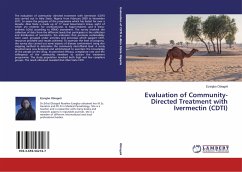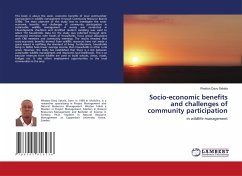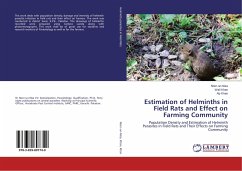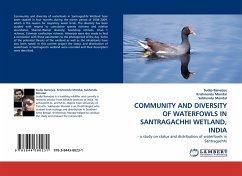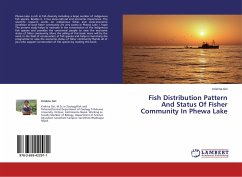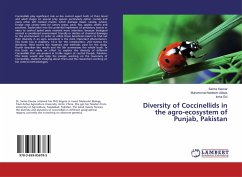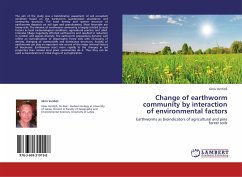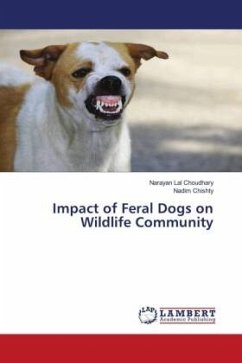The evaluation of community- directed treatment with ivermectin (CDTI) was carried out in Abia State, Nigeria from February 2009 to November 2011, to assess the progress of the programme which has lasted for over a decade. Abia State is made up of 17 Local Government Areas, eight of which are endemic for onchocerciasis (2 hyper-endemic and 6 meso- endemic LGAs) according to REMO assessment. The survey involved the collection of data from the different levels that participate in the collection and distribution of ivermectin. Ten indicators that promote sustainability were used, grouped under activities and processes which support CDTI, resources provided and results achieved. To ascertain the level of progress, the survey also carried out some aspects of disease containment using skin snipping method to determine the community microfilarial load. A study questionnaire was designed and administered to ascertain the knowledge of the people on the drug, its perceived efficacy, compliance rate and the willingness of the community members to sustain the treatment programme. The study population involved both high and low compliers groups. The result obtained revealed that Abia State CDTI

